Resource recovery engineering laboratory
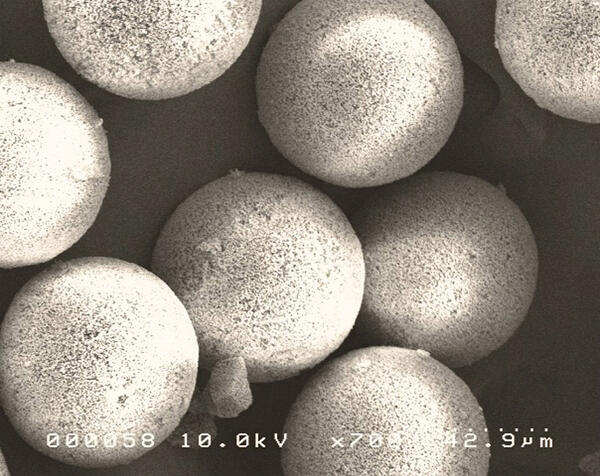
Rresearch images
energy
chemistry
ecology
Globalization of society and national economies has increased the demand for educating engineers who use their knowledge for the benefits of both their local region and global society as a whole.
The Global Course of Engineering and Science is a Master's Degree course in Engineering and Science with English language as the teaching and learning medium. It offers cross‐departmental education in a multinational environment.
This course is the embodiment of SIT university's educational mission in a global perspective. The mission of the course is to nurture engineers and scientists who learn from the world and contribute to global sustainability.
The educational aim of the course is to develop the next generation of engineers and scientists who have specialized knowledge and practical skills in the field of their supervisors' expertise and who can communicate in English with professionals
around the world to resolve engineering and socio‐economic problems.
To achieve this educational aim, our program offers specialized subjects and research guidance in major fields of engineering including Electrical Engineering, Electronic and Information Engineering, Materials Engineering, Applied Chemistry,
as well common subjects and sub‐major subjects including Business Development Specialty.
The Global Course of Science and Engineering provides specialized education and research in major engineering fields. The degree of Master of Science in Engineering will be awarded to students who have acquired basic and advanced knowledge, practical skills in the supervisor's field of expertise, and enhanced professional communication skills in English. Graduates of this course will acquire the following knowledge, skills and attitudes:
A Master's degree (Master of Science in Engineering) will be conferred to those who meet the following criteria:
Criteria for the approval of the Master's thesis are as follows:
“The submitted Master's thesis shall include information confirming that the candidate has presented at least one paper at an academic conference*, completed cross-disciplinary research, or equivalent approved content.*”
* This includes lectures, presentations at annual meetings, seminars or symposia of academic associations or international conferences, the publication of articles or letters in academic journals or equivalent publication.
** A result equivalent to a presentation at an academic conference refers to a result produced other than at an academic conference such as obtaining a patent, or a result equivalent to a presentation or a publication at an academic association
or an academic journal.
The Global Course of Engineering and Science has adopted an education and research curriculum with the following objectives to help students acquire the knowledge, skills, and attitudes embodied in the Program's graduation criteria.
tudents shall:
In order to nurture engineers and scientists with a global mindset and critical thinking ability, it is desirable for students to have the following prerequisites in order to join the Global Course of Engineering and Science.

 energy
energy chemistry
chemistry ecology
ecology

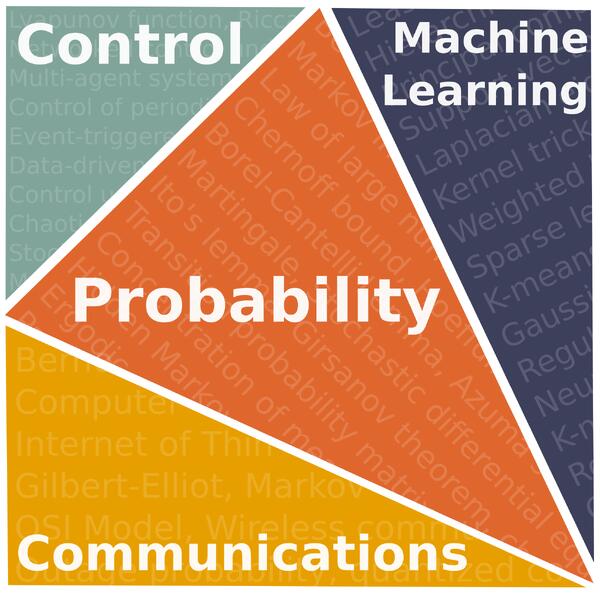
 network
network software
software informationdesign
informationdesign





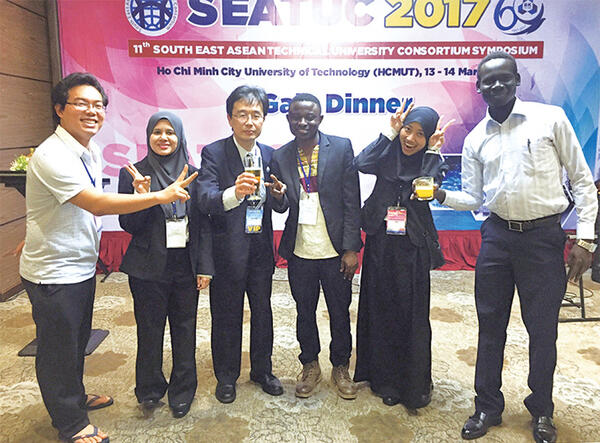
 energy
energy


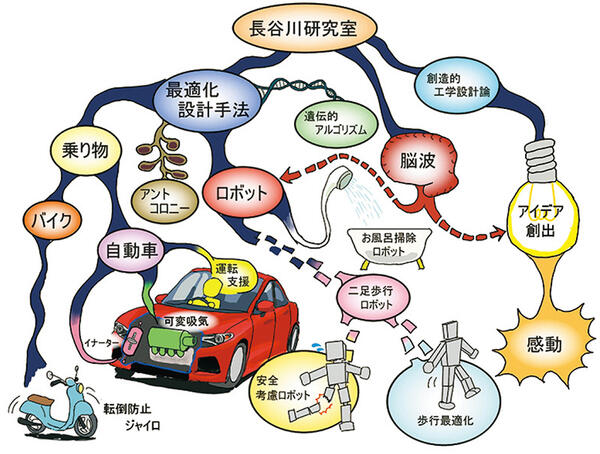
 multi
multi



 software
software communication
communication society
society


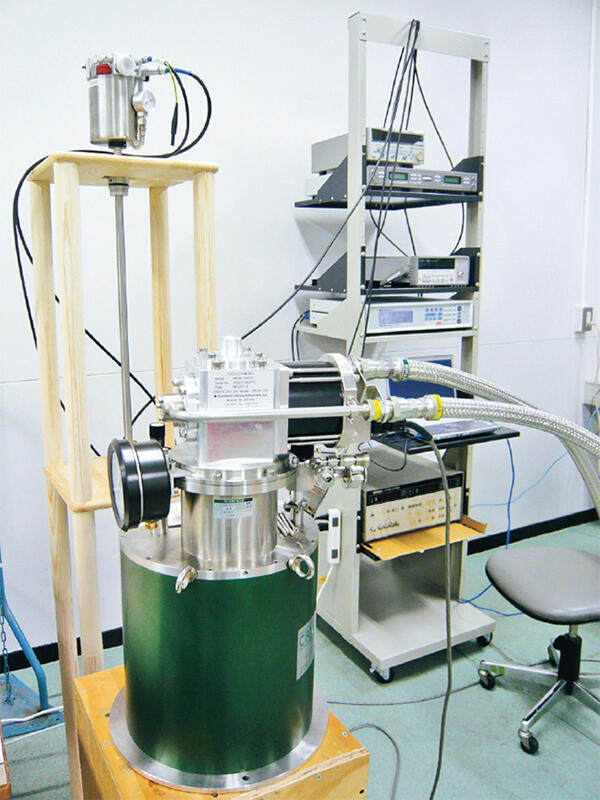
 material
material


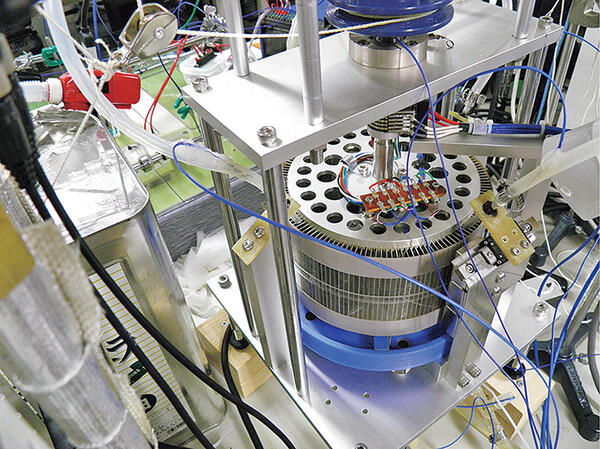
 energy
energy

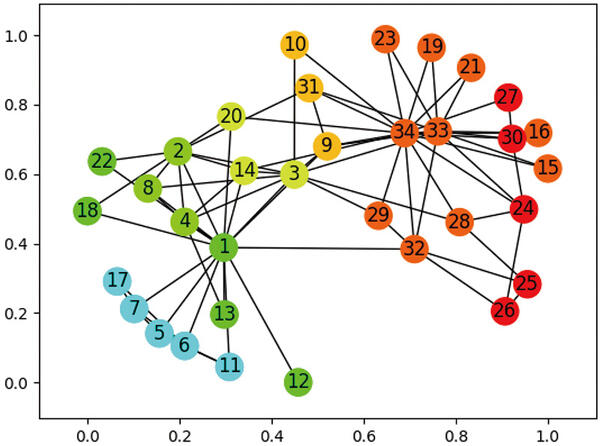
 multi
multi software
software basic
basic

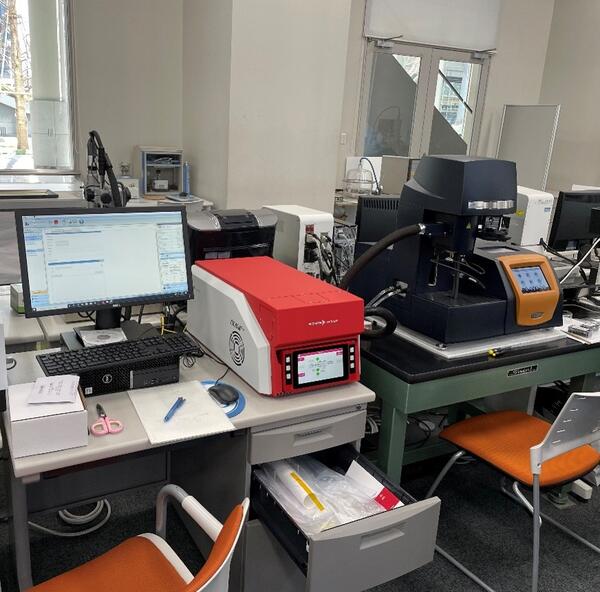
 energy
energy chemistry
chemistry material
material
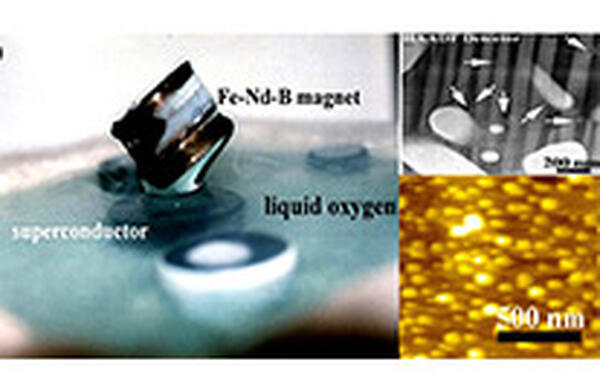

 network
network software
software informationdesign
informationdesign


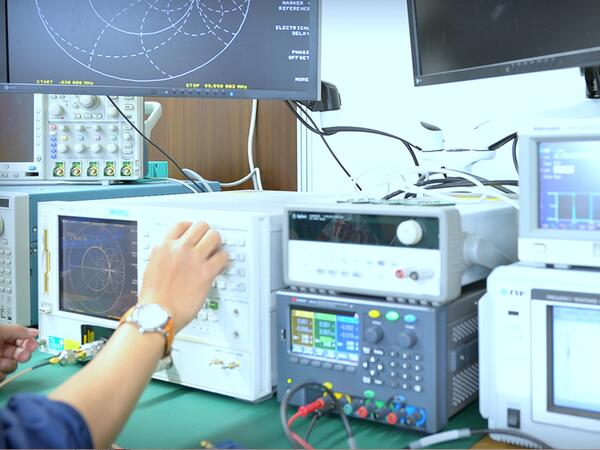
 hardware
hardware basic
basic


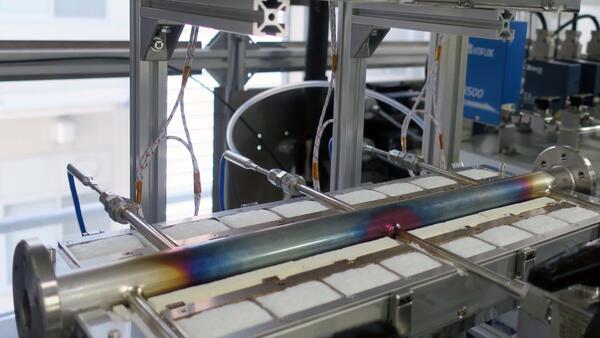
 ecology
ecology


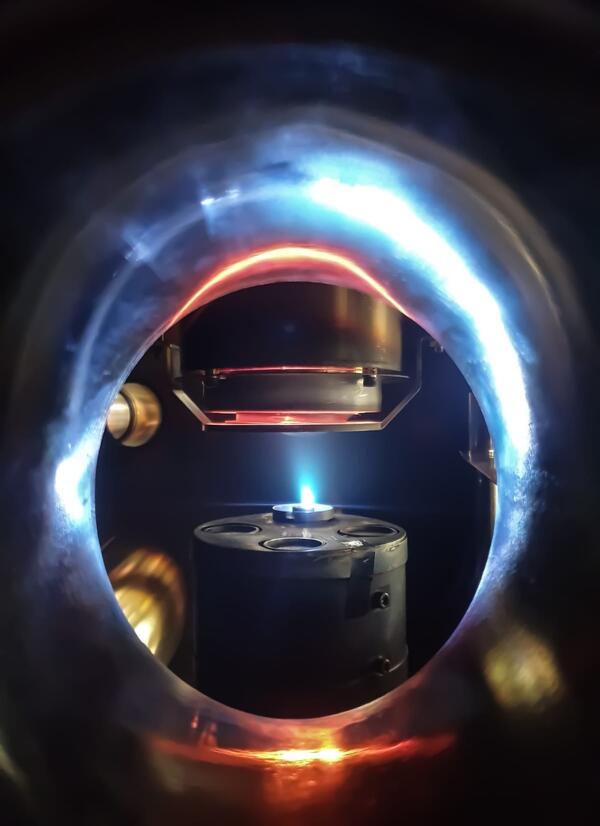
 energy
energy chemistry
chemistry material
material


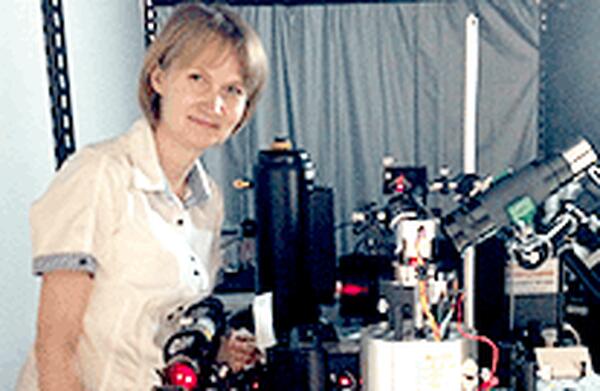
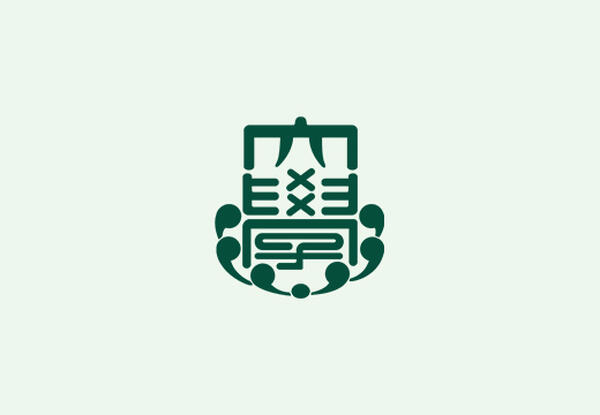
 chemistry
chemistry material
material


 software
software medical
medical health
health


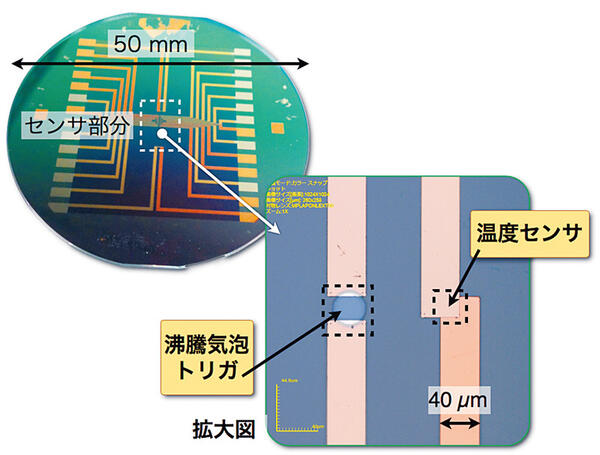
 mechanical
mechanical energy
energy


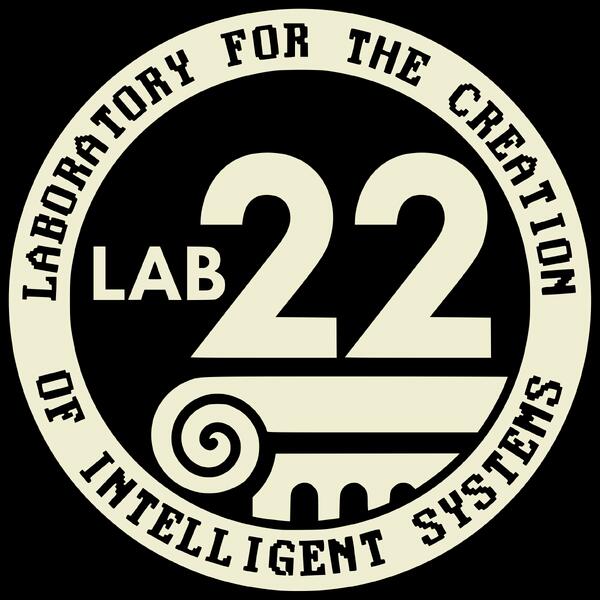
 robot
robot productdesign
productdesign multi
multi

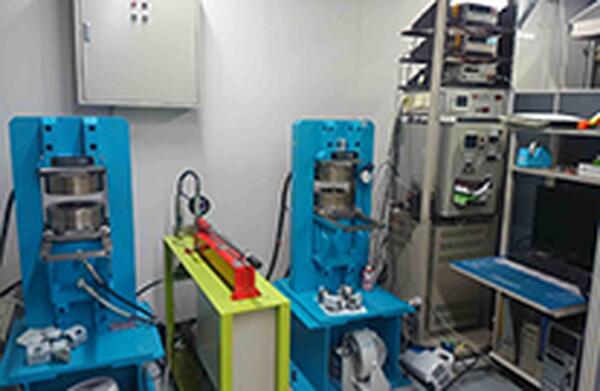
 energy
energy chemistry
chemistry material
material